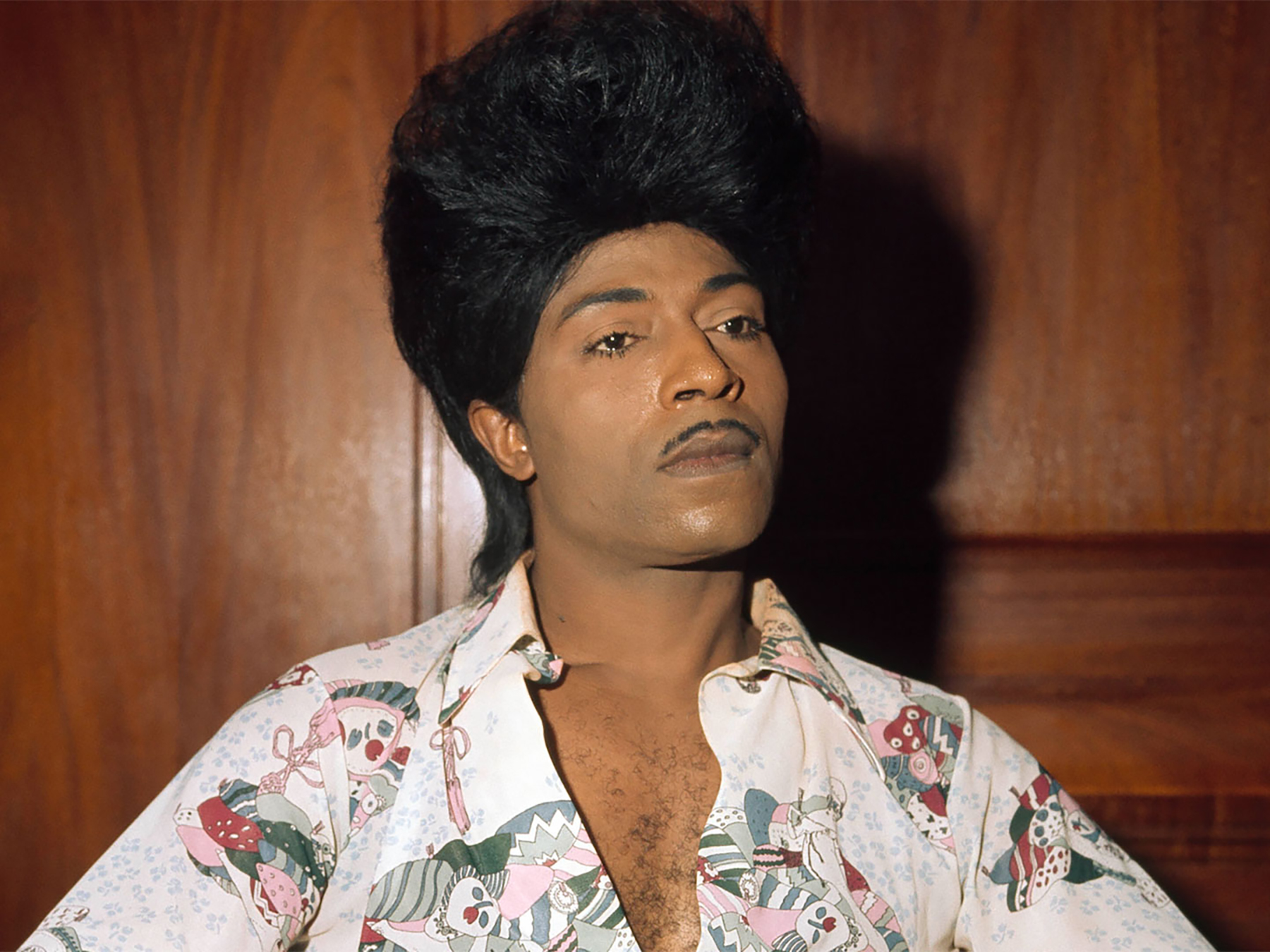
- Festivals
Sundance 2023: Docs- Little Richard, The True King of Rock’n Roll
More than “Tutti Frutti.” More than flamboyance. And certainly, more than style over substance. Little Richard finally gets the honor he has long deserved in the new documentary Little Richard: I Am Everything, which premiered this week at the Sundance Film Festival. The title sums it up perfectly.
“He paved the way for everything that followed.” These words in the film from music producer Nile Rogers sum up the musical influence that Little Richard had on the artists that came after him. And it is the big revelation in this documentary for most people outside the music industry and younger generations that may have heard his name, who sing along with his songs and get a kick out of his costumes but don’t know the importance of his existence. Because without him, there would not have been a Bowie, a Prince, The Beatles and the Rolling Stones, to name just a few. Even Elvis Presley called him the “true king of rock ’n roll.”
So how does this kid, Richard Pennimen, the third oldest of 12 children, the son of a preacher who had a side hustle as a bootlegger from Macon, Georgia become one of the first rock & roll stars? At the height of segregation at that? And how does he survive as a more-or-less openly queer man in an era when staying in the closet was the only protection against bullying and even death? A man who wrote songs about anal sex – yes, “Tutti Frutti” – and not only surrounded himself with Black, queer and transgender performers like Billy Wright and Escuerita but gave them a stage to showcase their own talents? The film tries to answer all of it with new interviews and archive material. (Richard died in May 2020 after a two-month illness at the age of 87 in his home in Tennessee.)
The documentary tries to cover everything from his early childhood, emphasizing the importance of a strong mother who believed in her son’s talent and supported his journey, to the heights of his success. Director Lisa Cortés does not shy away from delving into her subject’s dark side, either. The battles with drugs and alcohol and the inner fight between his religion and his sexuality – in one period of his life he gave up performing for preaching – stand in stark contrast to his success and are anything but glamorous. And even his success was inhibited by a recording industry that paid Black artists mere pennies on the dollar and whitewashed his songs by having them covered by singers who more often than not could not hold a candle to the original, and critics who never pulled back the curtain and saw the true talent beyond his glitter and sparkle. A scene at the 1993 Grammy Awards is a telling indictment of the misinterpretation of this man and explains why he became so bitter in his later years.
“Everyone is defined by Little Richard,” says Billy Porter at one point in the documentary as he refers, not just to the music, but to the man. Beyond his artistry, it is the flamboyance, queerness and costumes that influenced stars like Elton John and Freddy Mercury and so many that now rule the charts: Lil Nas X, The Weekend, Lizzo. They all owe him a debt of gratitude. Porter puts it in a nutshell: “The reason why I’m finally, finally able as a queer man to show up and do anything I want is because of him.”
Little Richard’s legacy is undeniable because he was unapologetic about everything he was and everything he represented.